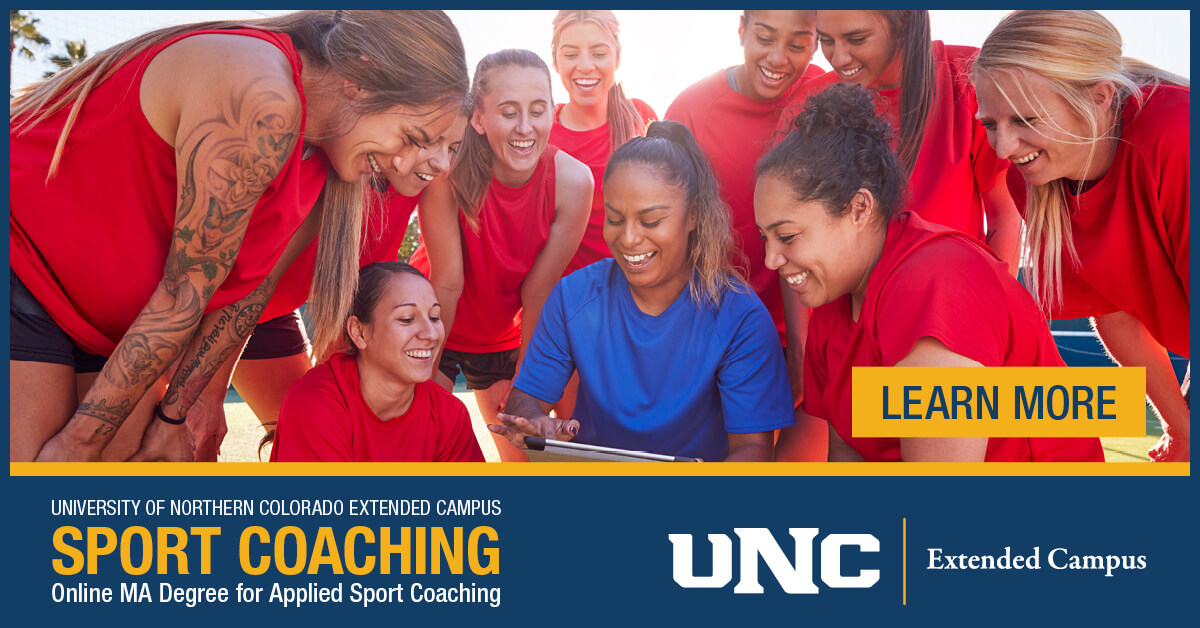
[5-Part Article Series]
People with physical disabilities hold limited positions as scholars, teachers, or leaders in physical education, recreation, and sport. Perhaps the reason is that the field is flooded with able-bodied people who think they know best. But do they? Michael Oliver, imminent writer, and scholar argued that people with physical disabilities should be the only ones in the field of disability studies because they have a bodily experience with disabilities. The following five-part article series shares the perspective of a scholar in the field of disability sports who has her own physical limitations. In each article, she discusses a different issue a person with a physical disability faces in the profession of physical education, recreation, and sport.
Part I: Don’t Judge Me By My Gait
I once sat in a professional meeting where leading authorities in the field said, “People with physical disabilities should not be physical education teachers because able-bodied students cannot relate to them.” Able-bodied people assume people with physical disabilities cannot teach or coach. Not true, people with physical disabilities can be good coaches, teachers, and athletes. And most importantly abled-bodied students can relate to the population. I have a physical limitation and I am an educator and scholar in physical education, recreation, and sport.
I acquired my physical disability when I was 6 months old. A double semi-trailer truck crossed the double yellow line and smashed into the family car that held my mother, my older sister, and me. I was not expected to live because of the injuries. We all lived, but my condition was severe – most health authorities predicated complete disability both mental and physical. For various reasons, including belief in God, immediate health care decisions, and a family who would not accept anything but full success – I did not die. I was later diagnosed with semi-hemi paresis due to a traumatic brain injury. Semi-hemi paresis is a condition that leaves one side of the body weaker than the other. In my case, my right side is weaker than my left, and because of that my right side is smaller, which affects my fine motor skills. The condition also affects gait and upper-body coordination. On initial contact, people think I have a poor quality of life. However, I have lived with my condition for thirty years and I do not live a life that is of poor quality.

It is human nature to place people into categories, however, the unintended consequence of such practice is that the person with a physical disability is thought to be incompetent, this includes those in teaching physical education or coaching. On the other hand, if a person has a physical disability and is successful, abled-bodied people think we are inspirations. Stella Young in her TED talk discusses the issue and labels it: “inspirational porn.” Because abled-bodied people are not used to people with physical disabilities being in “normal” places like schools or coaching venues, “inspirational porn” occurs. She shared an example of a student who believed she was only there to share her story and inspire when in fact she was there as his math teacher.
Furthermore, our able-bodied population thinks a person who has a physical disability must also have a cognitive disability but that is not always the case. A population does exist that has a cognitive and a physical disability paired together. However, a large population only has physical disabilities. People who are able-bodied often confuse people like me with the other population which is offensive. Because I walk with a hiccup doesn’t mean I have mental disabilities, or I am limited in what I can share and give. We must realize that assumptions of incompetency and “inspiration porn” do more harm than good. Able-bodied students have much to learn from teachers who have physical disabilities.
Follow the 5-Part Series this Month
Leading as a Scholar with a Physical Limitation
- Don’t Judge Me by My Gait
- I Am Not an Object or Incompetent
- The Power of Time
- If You Cannot Do It – Can You Teach It?
- Just Talk to Me
This series was written by Aubrey Shaw, Ph.D. and edited by Dr. Sharon Stoll (University of Idaho)

